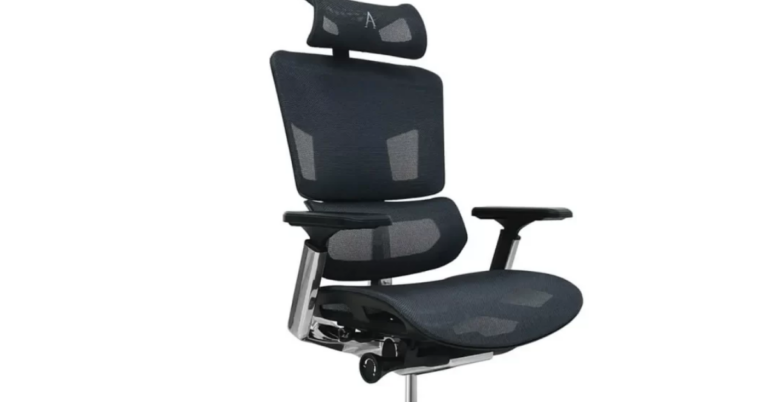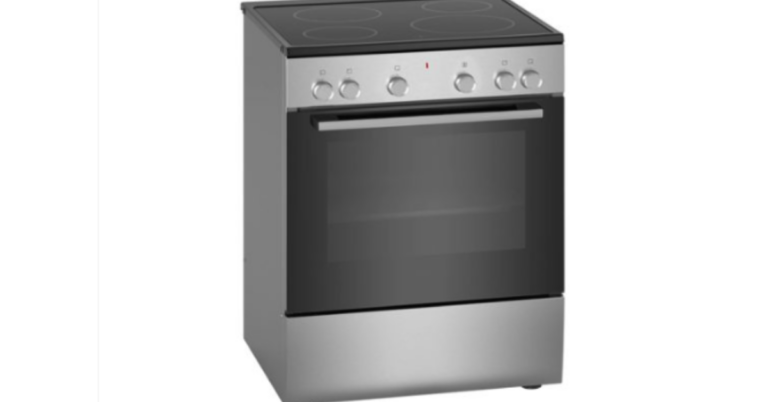Marine Ship Chest Freezer: The Essential Cold Storage Solution for Maritime Needs
When it comes to long voyages at sea, efficient food storage is one of the most critical aspects of maintaining crew health, safety, and comfort. A Marine Ship Chest Freezer is specifically designed to meet these demands, ensuring that perishable food items, medical supplies, and other temperature-sensitive products remain fresh even during extended journeys. Unlike standard freezers used on land, marine-grade chest freezers are built to withstand the unique challenges of a marine environment, such as constant vibrations, humidity, and fluctuating power conditions.
Why Cold Storage Matters at Sea
Life aboard a ship, whether it’s a cargo vessel, fishing boat, cruise liner, or naval ship, involves spending weeks or even months away from land-based supplies. Food preservation is vital not only for nutrition but also for morale. Crew members depend on fresh or well-preserved meals to maintain energy during demanding work hours. Without proper refrigeration, supplies would spoil quickly, leading to wastage and additional costs.
That’s where the Marine Ship Chest Freezer plays a crucial role. These specialized freezers provide ample storage space, reliable cooling performance, and durability under marine conditions. By ensuring an uninterrupted cold chain, ship operators can reduce food waste, optimize storage, and provide better quality meals for everyone onboard.
Key Features of Marine Ship Chest Freezers
Unlike domestic freezers, marine freezers are built with reinforced structures and advanced features to perform reliably at sea. Some of the most important features include:
1. Heavy-Duty Build
Marine environments expose equipment to constant vibrations from engines, rolling waves, and unpredictable weather conditions. A marine chest freezer is constructed with robust materials that prevent structural damage and ensure long-term durability.
2. Energy Efficiency
Since ships operate on limited power systems, energy efficiency is a top priority. Marine chest freezers are designed to consume minimal energy while delivering optimal cooling performance. Many models include insulation layers and smart compressors to reduce power consumption without compromising cooling.
3. Temperature Consistency
Maintaining a consistent temperature is essential for storing perishable items such as meat, seafood, vegetables, and dairy products. Marine-grade freezers use advanced thermostatic controls to keep temperatures stable, even in fluctuating ambient conditions.
4. Compact and Space-Saving Design
Ship kitchens and storage rooms often face space constraints. A chest freezer’s horizontal layout makes it easy to store large quantities of supplies while maximizing available space. Some designs even include dual compartments for separating frozen and chilled items.
5. Corrosion Resistance
Exposure to saltwater and humid air can quickly corrode ordinary appliances. Marine freezers are built with corrosion-resistant materials and protective coatings to withstand harsh maritime conditions.
6. Safety Features
From secure locking mechanisms to overload protection, marine freezers come with multiple safety features that ensure reliability even during rough seas.
Applications of Marine Ship Chest Freezers
The importance of chest freezers extends beyond just storing food. They are used across various maritime applications:
-
Cargo Ships: Storing bulk provisions for long-distance travel.
-
Cruise Ships: Maintaining premium quality meals for hundreds or thousands of passengers.
-
Fishing Vessels: Preserving freshly caught seafood until it reaches the shore.
-
Military and Naval Ships: Stockpiling supplies to support large crews on missions.
-
Research Vessels: Safeguarding biological samples, medical kits, and specialized supplies.
Each of these applications highlights how essential marine freezers are in keeping ships self-sufficient during extended voyages.
The Role of Technology in Marine Freezers
Modern marine refrigeration technology has significantly improved freezer performance. Features such as digital temperature displays, inverter compressors, eco-friendly refrigerants, and smart diagnostics have made today’s freezers more efficient and easier to maintain. Some units also come with built-in alarms that notify the crew if temperature fluctuations occur, ensuring immediate corrective actions.
In addition, technological advancements have made marine freezers quieter and more compact, providing maximum efficiency without disrupting shipboard operations. This makes them an indispensable part of modern vessels.
Maintenance Tips for Marine Ship Chest Freezers
To maximize the lifespan and efficiency of a Marine Ship Chest Freezer, regular maintenance is essential. Here are some best practices:
-
Defrost Regularly – Excess frost buildup reduces cooling efficiency and storage space.
-
Check Seals and Gaskets – Damaged seals can cause cold air leakage and energy wastage.
-
Clean the Condenser Coils – Dust and salt buildup can strain the compressor and reduce cooling performance.
-
Inspect Power Connections – Marine power supplies can be unstable; regular inspection ensures reliable operation.
-
Monitor Temperature Settings – Always keep the thermostat at the recommended level to preserve food properly.
With proper care, a marine freezer can last for many years, ensuring a steady supply of fresh provisions for every voyage.
Benefits of Investing in a Marine Ship Chest Freezer
The advantages of having a marine-grade freezer onboard include:
-
Extended Food Preservation: Fresh and frozen foods remain safe for weeks or months.
-
Cost Savings: Reduces the need for frequent restocking and minimizes food spoilage.
-
Crew Well-being: Access to fresh meals enhances nutrition and morale.
-
Operational Reliability: Durable construction ensures uninterrupted service in tough marine conditions.
-
Versatility: Suitable for storing not just food, but also medical supplies and sensitive equipment.
By investing in a high-quality freezer, ship operators ensure smoother voyages and improved overall efficiency.
Conclusion
A Marine Ship Chest Freezer is far more than just an appliance—it is a vital piece of equipment that directly impacts the safety, comfort, and efficiency of maritime operations. From preserving food supplies to supporting specialized storage needs, these freezers are tailored to withstand the challenges of life at sea. Their durability, energy efficiency, and reliable performance make them an indispensable investment for any vessel, whether it’s a small fishing boat or a luxury cruise liner.
As ships continue to explore longer routes and more demanding waters, the need for dependable cold storage solutions will only grow. A marine chest freezer not only protects valuable provisions but also ensures that every crew member can enjoy fresh, nutritious meals no matter how far from shore they may be.



